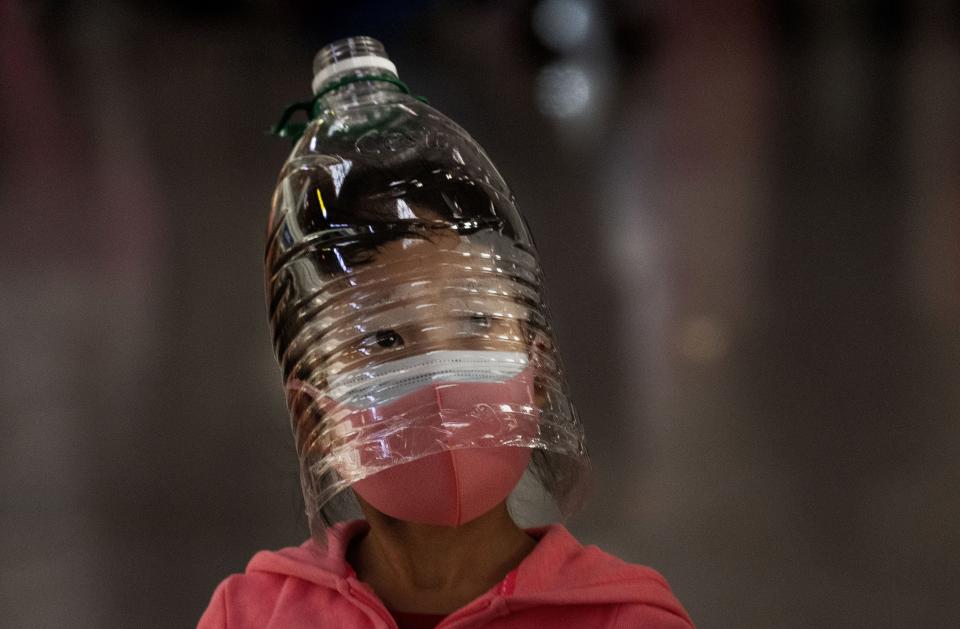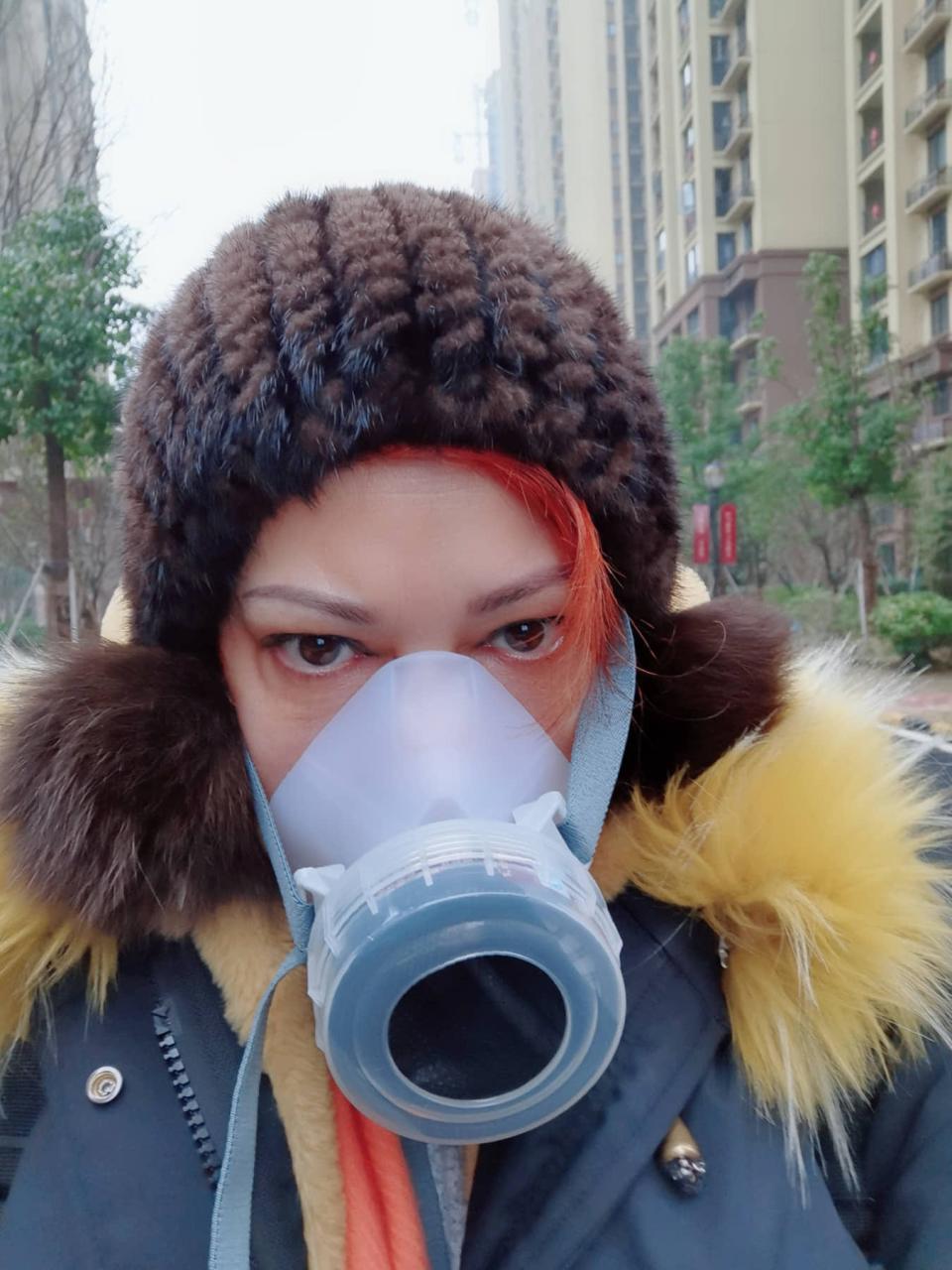'A lot of chaos': State Department says it will fly Americans back from Wuhan, but questions remain
For Americans seeking to leave Wuhan and unable to board Wednesday’s flight to the U.S., Thursday’s announcement by the State Department that it would arrange for more flights came as welcome news.
Now they’d like more details and answers to their questions.
A sense of uncertainty has been hovering over the American expat community living in the central Chinese city at the heart of a coronavirus outbreak that has infected nearly 9,700 and killed 213 in China alone. The State Department also increased its travel warning to Level 4 – Do Not Travel.
The uneasiness was exacerbated for some when a plane with 195 U.S. citizens departed toward California carrying officials from the consulate, their relatives and private citizens but leaving about 1,000 Americans behind in Wuhan.
Compounding the issue, all three U.S. commercial airlines that serve China announced Friday they would temporarily halt all of their flights to and from mainland China. American is suspending flights immediately through March 28; Delta said it would suspend its U.S.-China flights from Feb. 6 through April 30; United is canceling flights from Feb. 6 until March 28, though the carrier said it would continue to operate one daily flight from San Francisco to Hong Kong.
Would the U.S. government send more planes to pick up those who wanted to leave? Would their Chinese spouses and children without U.S. citizenship be allowed to join them? How much would the flights cost? Would there be other means to flee the growing outbreak with public transportation suspended as more than 10 cities in Hubei province remain on lockdown?
A statement from a State Department spokesperson addressed only some of those issues, saying it was working on the flight arrangements for U.S. citizens, spots on the planes would have to be paid for and more information would be coming.
Left unanswered were the matters of time frame – although a previous statement mentioned Monday as a possibility – cost and, most important, whether non-citizen spouses and children will be allowed to board the planes.

That last topic is particularly relevant to Jesse Barkin, an American who teaches English at Wuhan University. His wife, Summer Yang Xia, has a valid U.S. tourist visa but is a citizen of China, which does not recognize dual nationality. They don’t have children.
Like other Americans in Wuhan, Barkin said information from official sources has been hard to come by, so he scours the Internet seeking clues about their options.
Besides the coronavirus outbreak and the increasingly difficult conditions in Wuhan, Barkin is motivated to return home to visit his parents in Los Angeles. His father, who turns 92 in March, has been in failing health.
“When I left Los Angeles in November, it was with the firm plan of returning to see them should things take a quick turn for the worse, which frankly could happen at any time,’’ Barkin said via e-mail.
Barkin said he did hear about the Wednesday flight but did not apply to get a seat.
“Why didn’t I sign up? Because I didn’t want to leave my Chinese wife stranded here alone,’’ said Barkin, adding that she’s an only child whose mother is deceased and whose father has been unable to return to Wuhan because the quarantine there was imposed while he was away.

Not all Americans in Wuhan are facing such complex situations, but more are starting to feel the effects of a lockdown that has been in place for more than a week.
Diana Adama, an American teacher and education researcher who has lived in China for about 14 years, sounded a relatively optimistic note on recent days, saying food was readily available in Wuhan even if reliable information was not.
By Thursday, though, her tone had changed.
“There’s a lot of chaos going on in here. There’s a little bit of pushing and shoving today because people are stressed,’’ she said, pointing out price gouging has become a problem. “The people at the stores today were wearing biohazard suits.”
Priorities: Commerce Secretary Wilbur Ross says Wuhan coronavirus could be a boost for North American jobs
John McGory, a writer who has also taught English in Wuhan, said he planned to move back home after six years to be closer to his family but gave up a spot on Wednesday’s flight to someone he felt needed it more.
McGory wrote in his blog that watching greeters at a Walmart taking shoppers’ temperatures made him a bit panicky. But the bigger concern, he said, is how the next several days will unfold.
“They say the incubation period is two weeks, and we’ve been careful for about the past week,’’ said McGory, 65. “I’m hoping to get to Monday, and I’ll feel better about this.”
And perhaps even better if he’s on a flight home that day.
This article originally appeared on USA TODAY: Coronavirus outbreak: State Dept. says it will fly more Americans back

